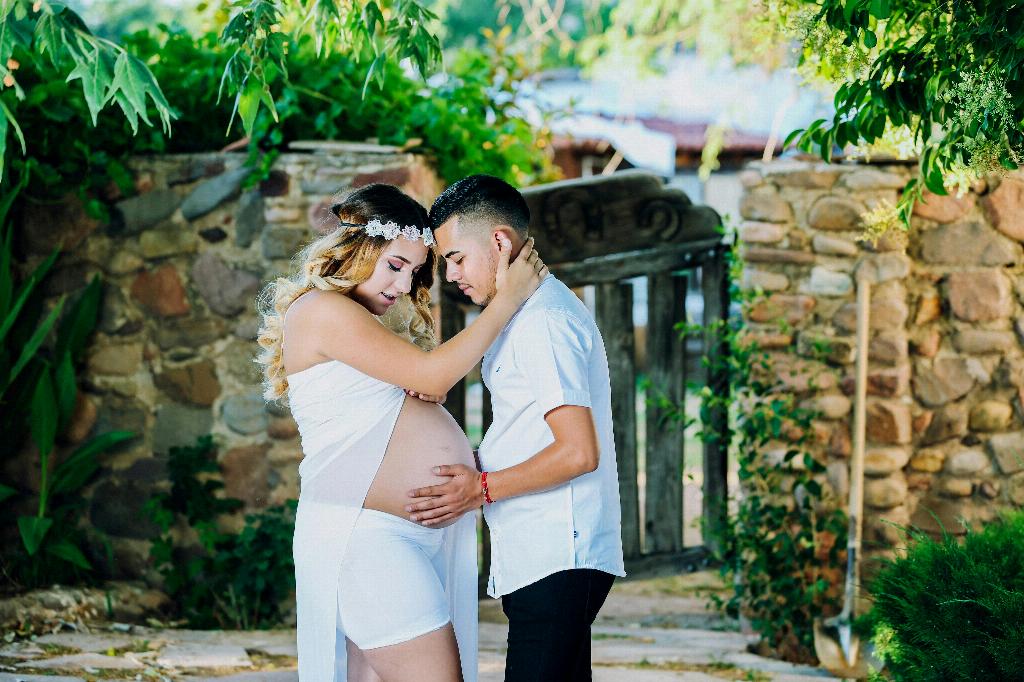One of the common concerns that expectant mothers may experience during pregnancy is dizziness, particularly in the second trimester. It can be a troubling symptom, but it’s essential to recognize that it is often a normal part of the pregnancy journey.
The Role of Hormones in Pregnancy Dizziness
Dizziness in the second trimester can be attributed to hormonal changes that occur as your body prepares for the demands of pregnancy. These hormonal fluctuations can affect various systems in your body, including your cardiovascular system, which plays a significant role in regulating blood pressure.
Impact of Blood Pressure Changes
During the middle of the second trimester, it is common for women to experience a decline in blood pressure. On average, there may be a decrease of 5 to 10 mmHg in systolic pressure and up to 15 mmHg in diastolic pressure. These changes can contribute to feelings of lightheadedness and dizziness.
Increased Blood Volume and Circulation
Another factor that may contribute to dizziness in the second trimester is the increase in blood volume and circulation that occurs to support the growing baby. This increase in blood flow can sometimes lead to a drop in blood pressure, especially when changing positions quickly.
Postural Hypotension and Dizziness Episodes
Postural hypotension, a sudden drop in blood pressure when moving from a seated or lying position to standing, can also be a common cause of dizziness during pregnancy. This phenomenon can be more pronounced during the second trimester due to the changes in blood pressure regulation.
Importance of Hydration and Nutrition
Staying well-hydrated and maintaining a balanced diet rich in essential nutrients can help manage dizziness during pregnancy. Dehydration and low blood sugar levels can exacerbate feelings of lightheadedness, so it’s crucial to prioritize your hydration and nutrition.
Adequate Rest and Relaxation
Ensuring you get enough rest and relaxation is essential during pregnancy, especially in the second trimester when dizziness may be more prevalent. Taking breaks, avoiding prolonged standing, and getting sufficient sleep can all contribute to reducing episodes of dizziness.
Exercise and Physical Activity
Regular, gentle exercise tailored to your pregnancy can also help improve circulation and alleviate dizziness symptoms. Engaging in activities like prenatal yoga or walking can promote blood flow and reduce the likelihood of feeling lightheaded.
Consulting Your Healthcare Provider
If you are experiencing frequent or severe dizziness during your second trimester, it’s essential to consult your healthcare provider. They can assess your symptoms, rule out any underlying issues, and provide personalized recommendations to help manage dizziness effectively.
Monitoring Your Symptoms
Keeping track of when you experience dizziness, what triggers it, and how long it lasts can be valuable information to share with your healthcare provider. Monitoring your symptoms can aid in identifying patterns and determining the best course of action for managing dizziness.
Embracing Self-Care Strategies
Practicing self-care strategies, such as mindfulness techniques, deep breathing exercises, and stress management, can also be beneficial in reducing dizziness and promoting overall well-being during your pregnancy journey. Taking care of yourself is crucial for both you and your growing baby.
Conclusion
In conclusion, experiencing dizziness during the second trimester of pregnancy is a common occurrence due to hormonal changes, fluctuations in blood pressure, and increased blood volume. By understanding the factors that contribute to dizziness and implementing appropriate self-care measures, you can navigate this symptom effectively and focus on enjoying a healthy pregnancy.

